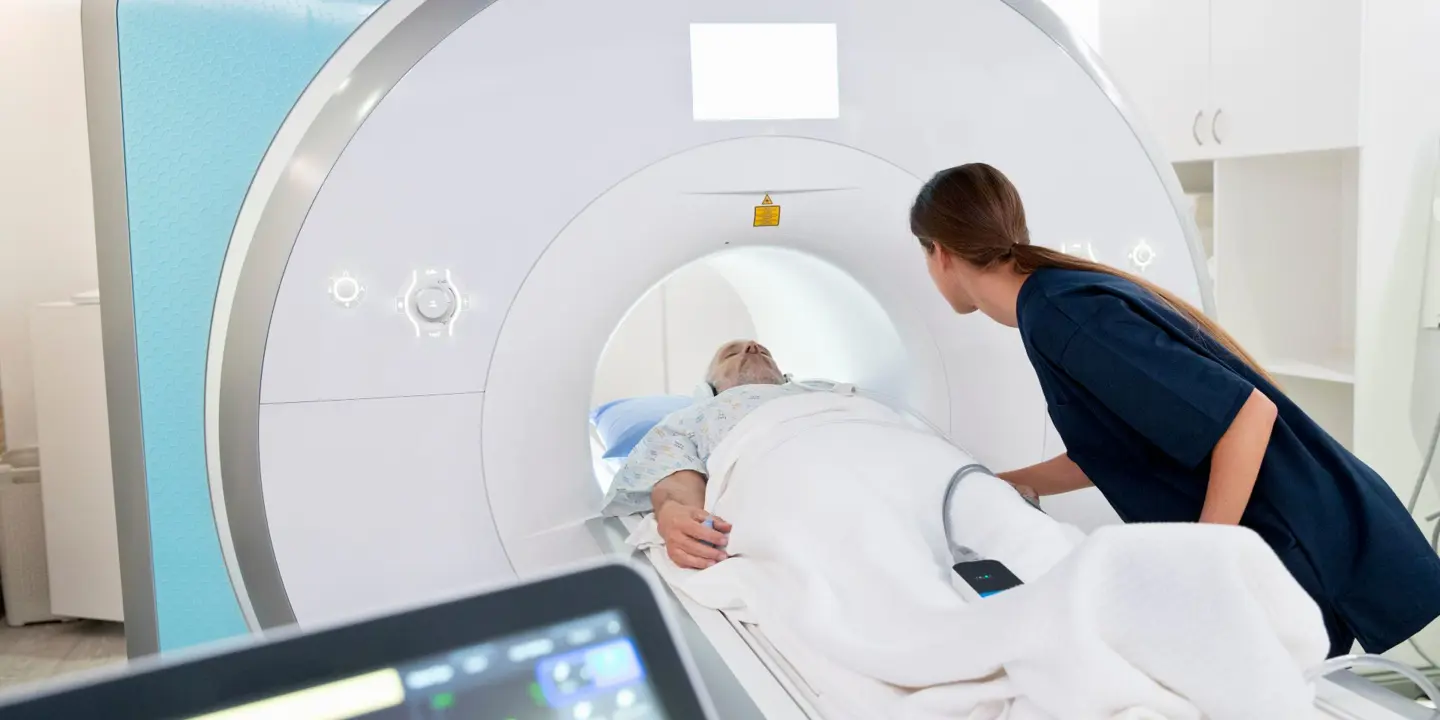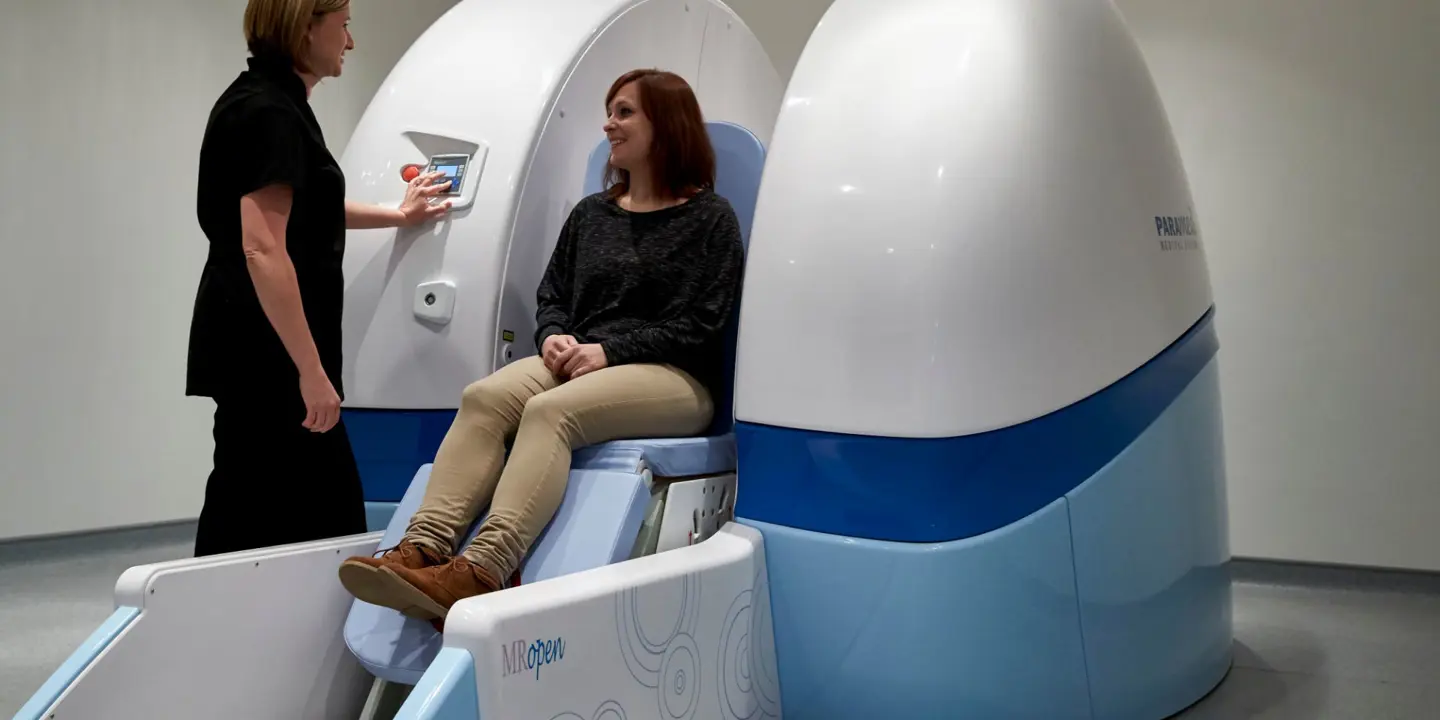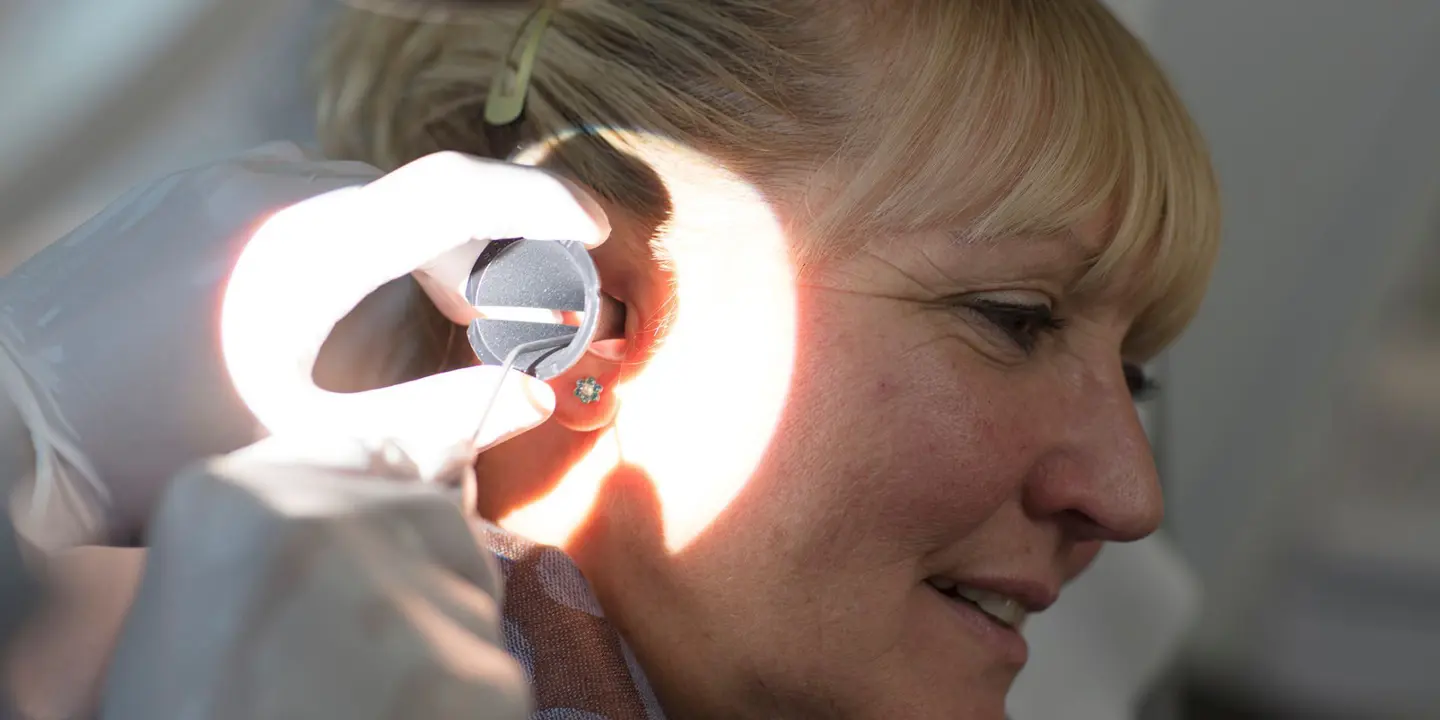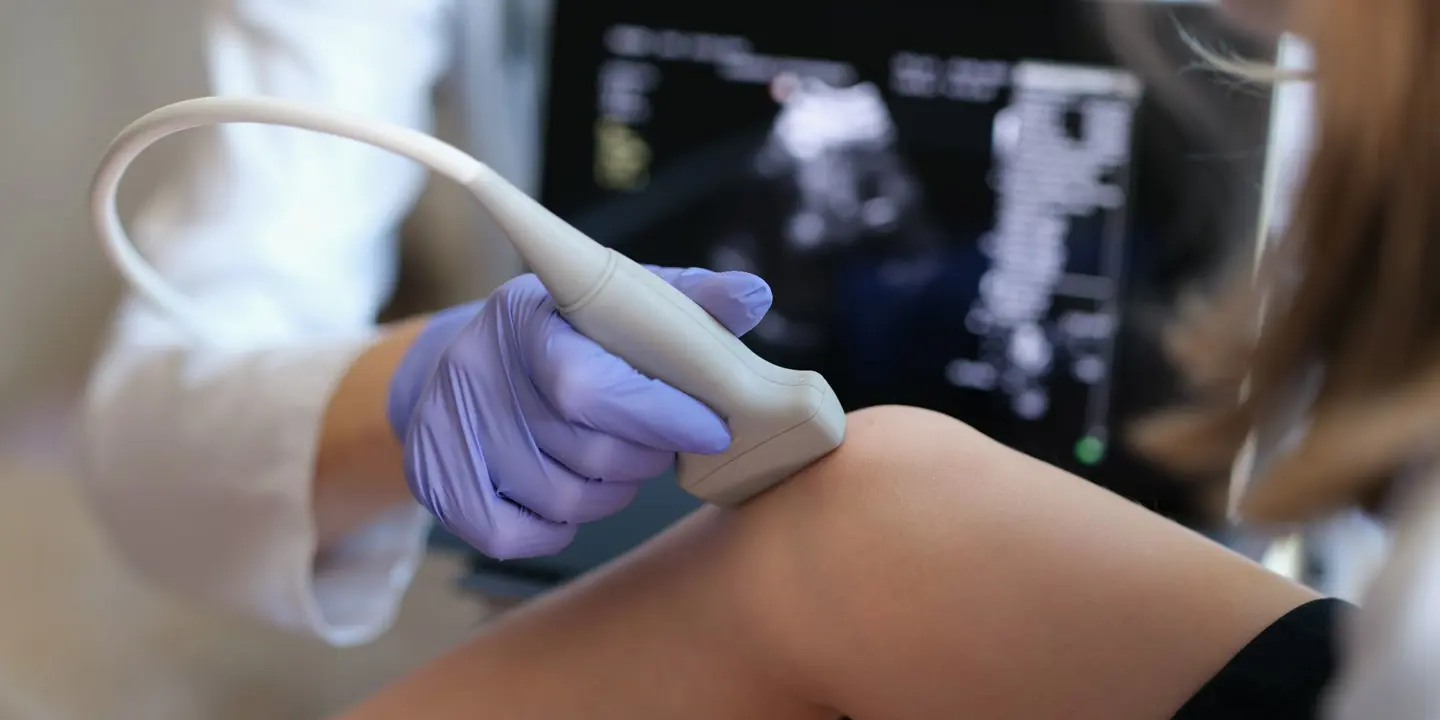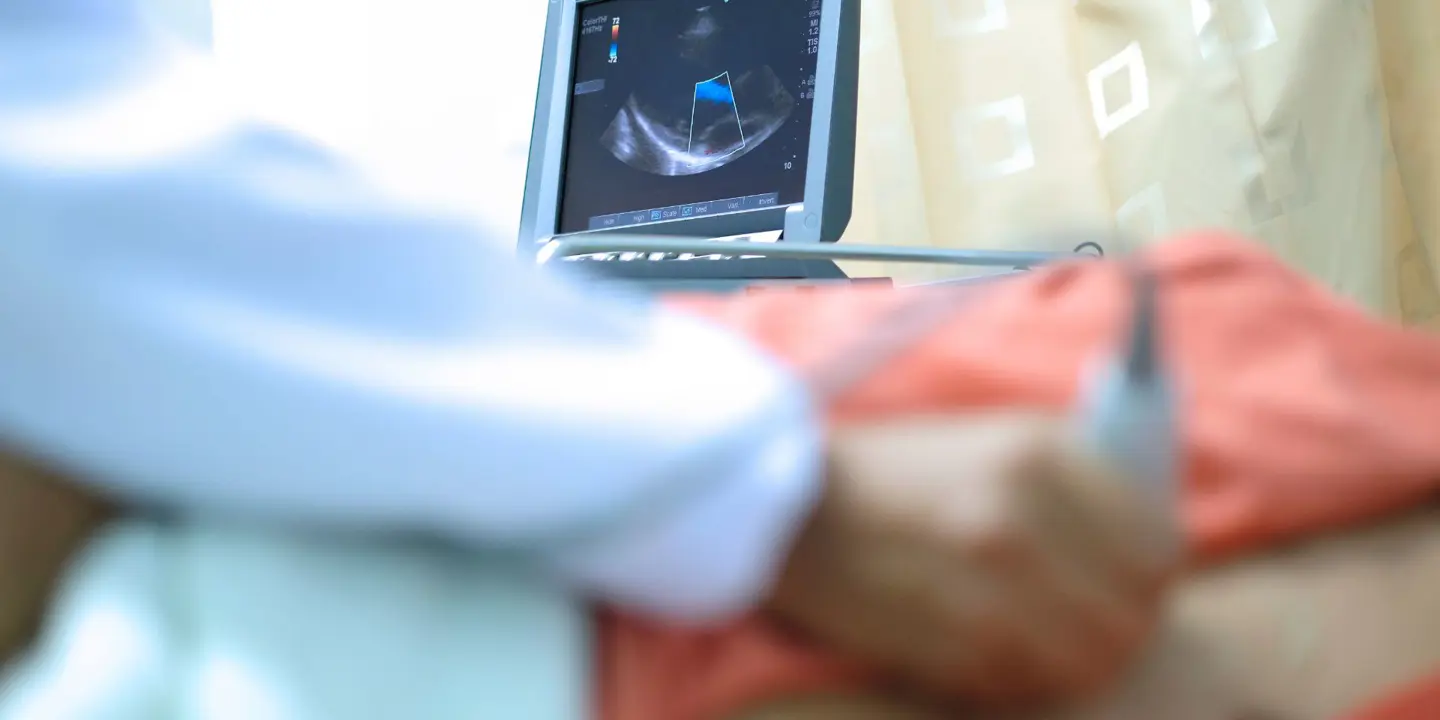Contrast MRI: What Is It and Why You Need It
There has been a rapid advancement in medical equipment, especially in medical imaging technology. With it, patients can get a more precise and accurate diagnosis. Magnetic Resonance Imaging, or MRI, is a medical imaging technology used to scan body parts where traditional medical diagnostics fail to deliver results.
The nature of MRI means that it can generate images of different contrast appearances, helping to better differentiate between tissue types without necessarily having to give additional dye compared with other imaging techniques.
As a result, MRI is commonly used to scan the brain, the nervous system, the spinal cord, muscles, ligaments and other soft tissues. However, in some cases, the use and administration of contrast agents can be beneficial in providing improved image quality and diagnosis.
Read on as we discuss the details surrounding contrast MRIs, who needs them, and how to prepare for the procedure. Moreover, we’ll suggest where to turn for medical assistance and find the ideal MRI scan provider.
What is an MRI with Contrast?
Depending on the clinical symptoms, the type of MRI scan being performed will depend on whether the additional use of a contrast media is required. This will be decided at the time of vetting when a radiologist or radiographer will review your referral prior to booking.
Where indicated, its use will enhance the quality of the MRI images, so that the reporting radiologist gets a clearer insight into the patient’s health condition.
With the use of contrast MRIs, doctors can better establish a precise and accurate diagnosis.
What are Contrast Agents?
A contrast agent, or a contrast medium, is a medical substance used to highlight certain structures or pathologies inside a patient’s body - when performing medical imaging.
Although these agents are mainly administered by injection into a vein, there are other ways for patients to ingest them, such as oral or rectal administration, depending on the reason for the contrast agent. Within MRI, intravenous contrast agents are gadolinium-based and specifically formulated for safe use within the body, which once injected through a vein gets eliminated via the kidneys.
Gadolinium contrast is generally an extremely safe drug, although as with any drug side effects or reactions can occur, but these are uncommon. In patients with normal kidney function, most of the gadolinium contrast injected will be eliminated in the urine within 24 hours. You should drink plenty of water to stay hydrated and help this process following a scan.
In addition to the standard safety questions prior to having an MRI scan, you will also be asked specific questions relating to receiving an injection. These questions help staff assess your suitability for injection and highlight any particular areas of consideration or concern. These will be discussed with you as part of the consenting process, and if there is any concern over you being able to safely have the injection it will not be given.
If you are pregnant or breastfeeding, please inform a member of staff before receiving any injection.
Why Use Contrast MRI?
Gadolinium-based contrast medium aim to enhance the clarity and readability of the images produced. They boost the accuracy in establishing a diagnosis by improving the visibility of inflammation, blood supply, tumors, and blood vessels.
How to Prepare for a Contrast MRI?
Preparing to undergo an MRI scan with contrast means you will be allowed to drink, eat, or take your medication ahead of it - unless otherwise advised as part of your appointment notification.
However, when using oral contrast, there are cases when patients are asked not to drink or eat anything 4 hours prior to the procedure. A patient might be asked to drink a fairly large amount of contrast fluid before continuing the scan.
MRI Scans in the UK: Find Your Ultimate Health Companion
Whether you need a specific medical service, want to find a reliable MRI scan provider, or have medico-legal inquiries, we at Vista Health are at your disposal. From a full body MRI scan to endoscopy services, we are at your service for all your medical requirements.
Give us a call or fill out our contact form to get in touch with our team.



